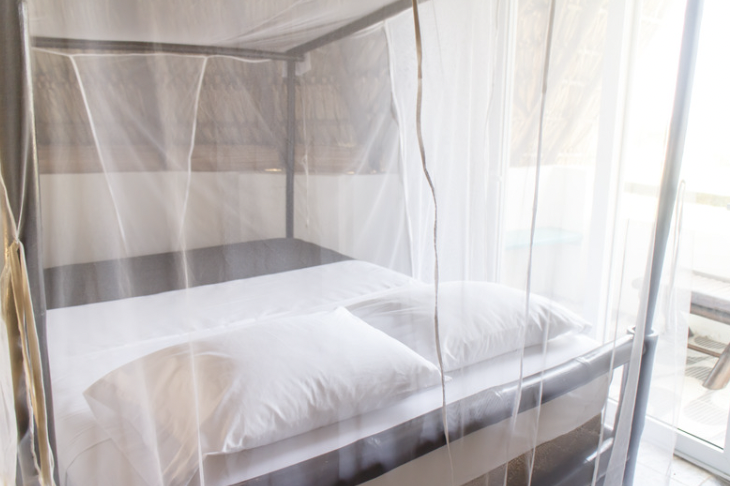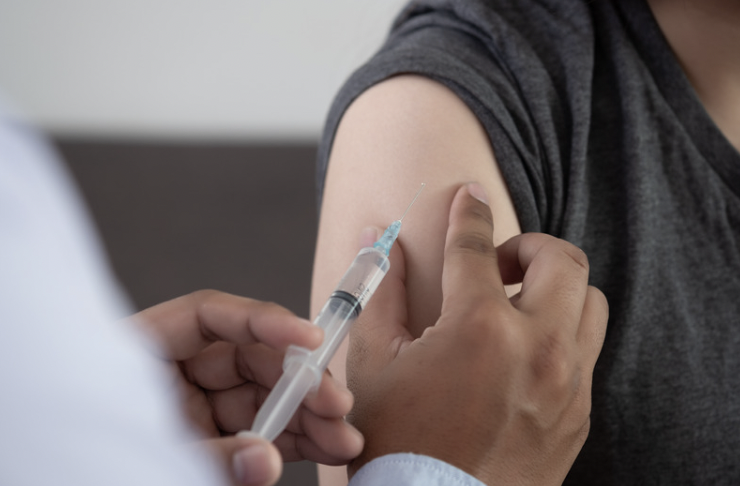
Layanan IV Hangover di Bali: Kapan Cocok dan Kapan Harus Periksa Dulu
Bangun dengan hangover parah di Bali? Matahari Januari 2026 baru saja mengintip di balik rimbunnya pepohonan di villa Anda di
Picture this: You’ve just had an epic day in Bali. Morning swim under a secret waterfall? Check. Afternoon stroll through the Instagram-famous Tegallalang rice terraces? Done and dusted. You’re back at your villa, feeling that perfect mix of tired and totally stoked.
But then, plot twist! Your body starts throwing a tantrum that doesn’t match your “I crushed it today” vibe. Your muscles are screaming louder than that techno DJ at the beach club, and your head’s pounding like a gamelan orchestra. You try to blame it on one too many sunset cocktails, but when fever crashes your party, you start to wonder—is this more than just vacation burnout?
Enter the tropical health mystery: Dengue or Chikungunya? Both these troublemakers are spread by the same buzzkill mosquitoes that crash Bali’s paradise vibes. And while they might seem like evil twins at first glance, knowing the difference could be your golden ticket to the right treatment and getting back to your regularly scheduled adventure.
Ready to play detective with your health? Let’s break down the Dengue vs. Chikungunya showdown. We’ll spill the tea on what sets them apart, the red flags to watch for, and how to mosquito-proof your vacay. By the end, you’ll be armed with the know-how to keep those pesky bugs at bay
Dengue and Chikungunya might seem similar at first glance—they’re both spread by the Aedes mosquito and share some overlapping symptoms—but they’re caused by different viruses and can have very different impacts on your health.
Dengue Fever is notorious for its severe flu-like symptoms, including high fever, severe headaches, pain behind the eyes, joint and muscle pain (hence the nickname “breakbone fever”), nausea, vomiting, and a characteristic rash. Dengue can sometimes escalate into Dengue Hemorrhagic Fever (DHF) or Dengue Shock Syndrome (DSS), which are serious and potentially life-threatening conditions.
Chikungunya, on the other hand, also starts with a sudden onset of fever and joint pain, but the joint pain is typically much more intense and can last for weeks or even months. While it’s rarely fatal, Chikungunya can cause long-term discomfort, especially in the joints. Other symptoms may include muscle pain, headache, nausea, fatigue, and rash.

While Dengue and Chikungunya share many symptoms, there are a few key differences that can help you identify which one you might be dealing with:
For severe cases, especially if you suspect Dengue, consider getting an IV hydration treatment to ensure you’re getting the fluids you need. Trishnanda Care Centre offers specialized IV therapy packages designed to help you recover faster.
But hydration isn’t the only concern. It’s also essential to get the right diagnosis. Dengue and Chikungunya can often be confused for one another, so confirming your condition with a lab test is crucial. Book a lab test at Trishnanda Care Centre to determine whether you’re dealing with Dengue, Chikungunya, or another illness entirely. Quick, accurate diagnosis means you can start the right treatment sooner, potentially avoiding serious complications.
And if you’re feeling too unwell to visit a clinic, contact Trishnanda Care Centre via WhatsApp to arrange a doctor on call. This service brings medical care directly to your hotel or villa, ensuring you get the treatment you need without the stress of travel.

Of course, the best way to deal with Dengue and Chikungunya is to avoid getting sick in the first place. Here are some practical tips:

Currently, there’s no widely available vaccine for Chikungunya. However, there is a Dengue vaccine available at Trishnanda Care Centre. It’s recommended for those who have already had Dengue before, as it’s most effective in people with prior exposure to the virus.
It depends on your health status and how prepared you feel to take necessary precautions. If you do choose to travel, be vigilant about mosquito protection.
Unfortunately, yes. Both viruses are spread by the same type of mosquito, so co-infection is possible. This can make your symptoms more severe and complicated to treat.
Avoid NSAIDs like ibuprofen or aspirin, as they can increase the risk of bleeding, particularly with Dengue. Stick to paracetamol for pain relief.
While the fever might last a few days, joint pain from Chikungunya can persist for weeks or even months. Rest and hydration are crucial for recovery.

Bangun dengan hangover parah di Bali? Matahari Januari 2026 baru saja mengintip di balik rimbunnya pepohonan di villa Anda di

Kapan waktu terbaik untuk melakukan tes NS1? Tes NS1 (Dengue Early Antigen) paling akurat dilakukan dalam 1 hingga 3 hari
Contact Our Doctor Now